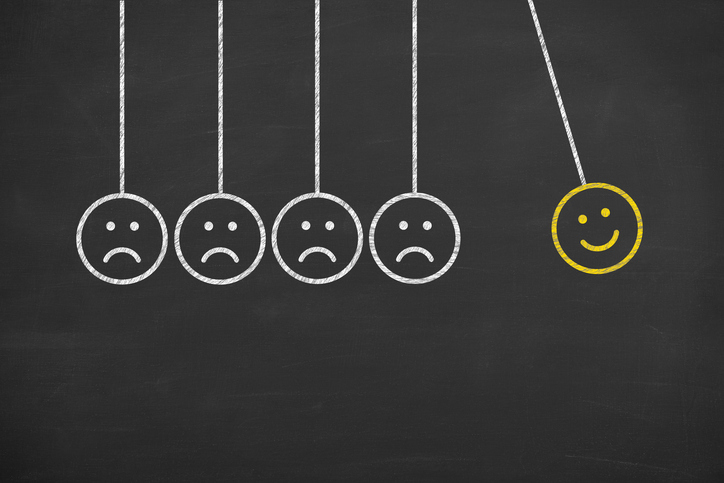
Since the start of the pandemic, many companies looked for ways to bolster mental health coverage, but there’s still a disconnect between HR administrators and employees, according to a recent survey conducted by mental health startup Lyra Health.
About half of benefits leaders said their mental health benefits adequately addressed employees’ needs, according to the survey of 300 HR leaders and 1,000 employees.
On the other hand, 56% of surveyed employees with a diagnosable condition said they did not receive any mental health treatment in the last year. Of those who did manage to get treatment, 45% paid for it out-of-pocket, a common experience for people on high-deductible plans or who saw an out-of-network provider.
Another 31% of employees weren’t sure if they had mental health benefits at all.
Although mental health parity laws have required employer-sponsored plans to cover more mental health services over the last two decades, finding an in-network provider can still be a challenge.
“You see fewer of those session limits the way they used to be the norm 15 to 20 years ago. But there are other barriers that are still in place,” Lyra’s clinical director of partnerships, Joe Grasso, said in an interview. “A lot of health insurance networks are judged by the number of providers that are listed as in network. But when you try to reach out to an in-network provider, you find out they’re no longer taking coverage or taking new patients.”

A Deep-dive Into Specialty Pharma
A specialty drug is a class of prescription medications used to treat complex, chronic or rare medical conditions. Although this classification was originally intended to define the treatment of rare, also termed “orphan” diseases, affecting fewer than 200,000 people in the US, more recently, specialty drugs have emerged as the cornerstone of treatment for chronic and complex diseases such as cancer, autoimmune conditions, diabetes, hepatitis C, and HIV/AIDS.
It can also be harder to find more specialized providers, such as ones that offer evidence-based treatment for trauma. In other cases, patients might be looking for providers with a specific cultural competence.
A growing number of startups are looking to tackle this problem, including Lyra, Modern Health, Spring Health and Hurdle Health. And more employers and health plans are buying into their services. Nearly three-fourths of the surveyed companies said they planned to invest more into their behavioral health benefits this year.
But there’s still a long way to go to comprehensive coverage. And though the pandemic has shined more of a spotlight on mental health, many people were struggling before the public health emergency.
“Even before the Covid-19 pandemic, we were seeing a behavioral health crisis of sorts,” Grasso said. “There was an increasing sense of urgency. But it seems it took a pandemic for benefits leaders to put mental health issues and behavioral health issues at the top of the list.”
Photo credit: phototechno, Getty Images













